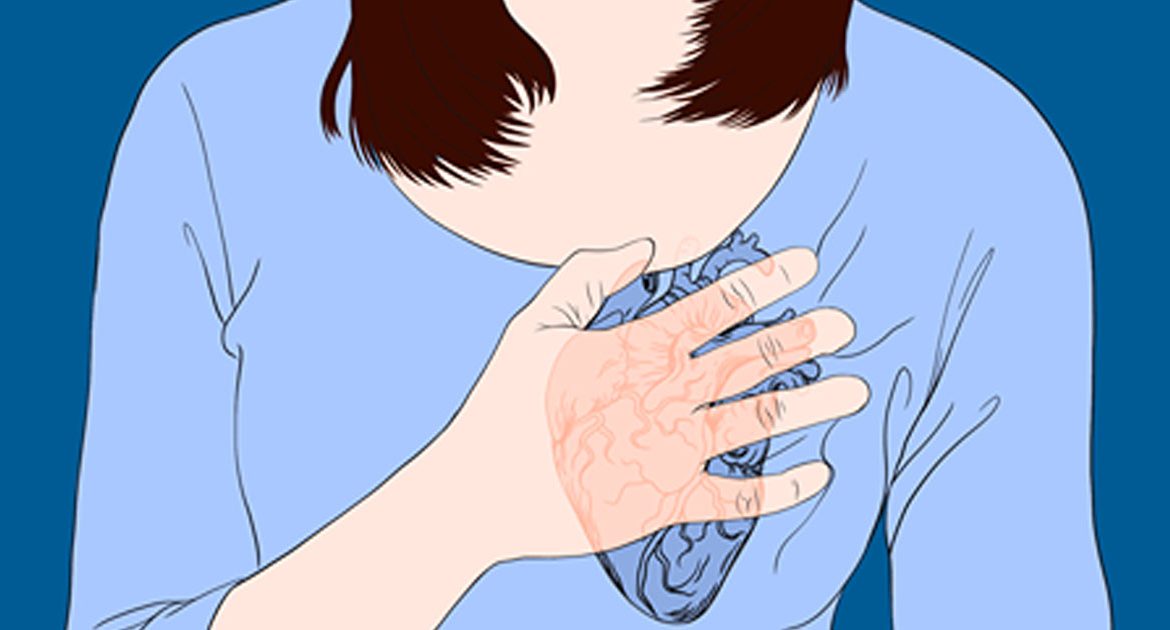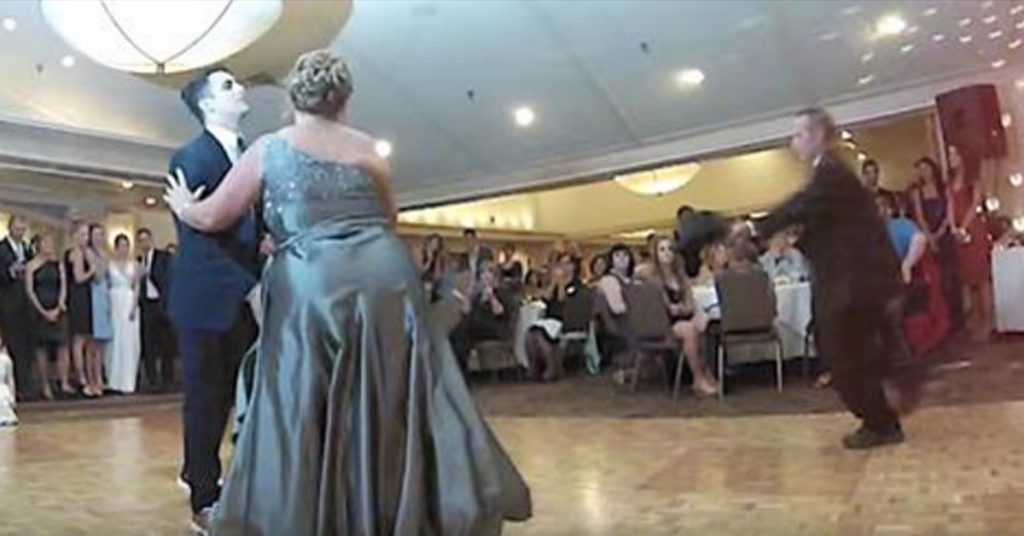While chest pain and pressure are the most common symptoms, there are so many more ways that your body could be telling you that it’s about to have a heart attack.
Women are more likely than men to have subtle signs that we often interpret as something else. From stress to the flu, the symptoms of a heart attack often mimic these more common conditions.
It’s important to be aware of the subtle symptoms and to seek help as soon as you notice one or more of them in combination with chest pain.
Chest Pain
A feeling of pressure, tightness or squeezing in the center of your chest.
It is the most common sign in men and women. You might feel pressure building up to a fullness or squeezing in your chest. It might last for a few minutes and come and go. Seek medical attention straight away!
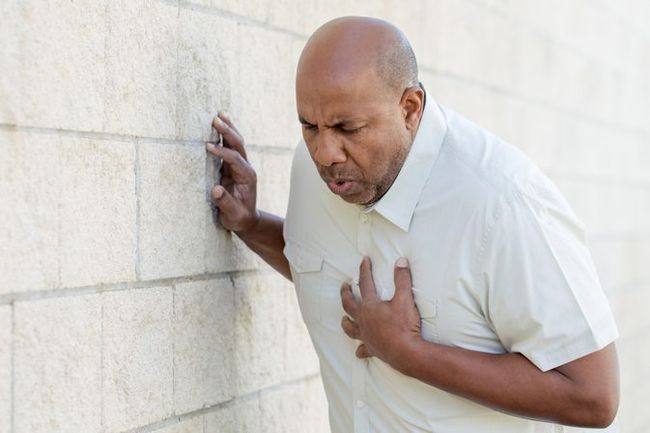
Body Pains
It might feel like it is travelling from the chest to the arms, jaw, neck, back and abdomen.
Call 911 immediately if you feel this spreading pain. If you have no discomfort in your chest, but you find that the upper-body pain is out of the ordinary for you, get it checked out anyway.

Head
You might feel dizzy or lightheaded suddenly and without explanation. According to the National Heart, Lung and Blood Institute, dizziness occurs more often in women than men.
The Harvard Medical School reports that nearly 4 out of 10 women experience dizziness caused by circulation issues.

Remember to dial 9-1-1 if you even suspect you could be having a heart attack…here are a few more possible signs:
It’s important to take everything into consideration. Are you feeling clammy, but you’re sweating? Do you have chest pain and is it spreading down your arms? Call 9-1-1 immediately.
If you don’t have the flu and you’re not feeling stressed, but you’re still suddenly feeling nauseous and panicked after a few minutes of deep breathing, call 9-1-1 and report your symptoms.
It’s always better to be safe than sorry!
Temperature Rising
Sudden, onset sweating, even if the room you are in is cool and comfortable. Your skin feels cold and clammy because your blood isn’t circulating.
This occurs in 39% of women’s heart attacks, according to Harvard Medical School.

Breathing Difficulties
You might experience labored breathing, or shortness of breath — like you’ve just run a marathon. You might have difficulty taking full breaths and experience coughing or wheezing.
Oxygen Solutions

Feeling nausea or or vomiting can also result from having pain that extends downward into your abdomen. It might feel like heartburn.
If it can’t be explained by an ulcer, or caused by something you ate, see a doctor right away.
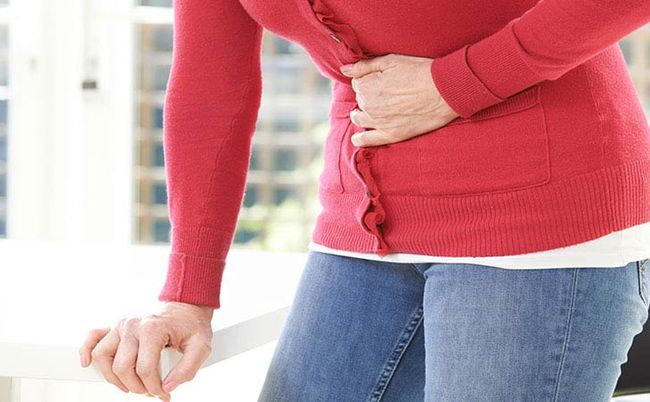
Overwhelming Panic
Much like a panic attack, you feel an intense amount of anxiety that can’t be broken with the usual slow breathing/calming techniques.
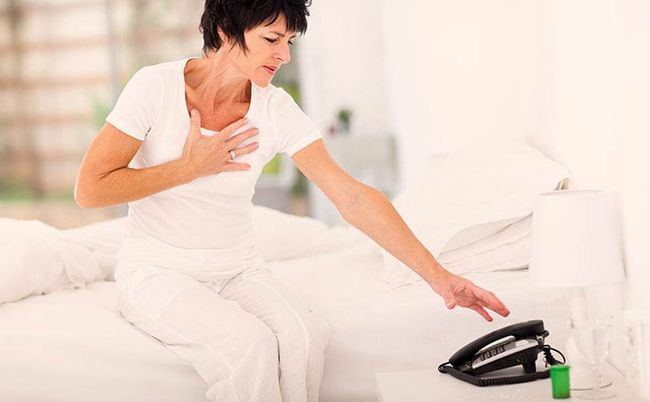
If you’re not sure whether the symptoms you’re experiencing are related to a heart attack or something less deadly, go to the emergency room immediately.
Women are more likely to delay getting treatment partly because they don’t recognize the signs. Now that you know them, be sure to take action for the sake of your health.
Any kind of delay could lead to greater damage and a reduced chance of recovery.
